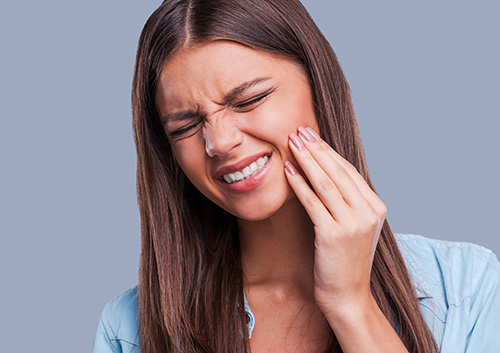Is periodontal disease genetic?
March 20th, 2019

One of the most enjoyable parts of looking at family pictures is finding resemblances. You have your father’s brown eyes and your grandmother’s curly hair. You’ve got your aunt’s basketball height and your cousin’s freckles. But some similarities might not be so appealing—could one of those be a family tendency toward gum disease?
Studies have shown that periodontal disease appears to have some kind of genetic component, especially for serious diseases and those that appear early in the patient’s life. Aggressive periodontitis, for example, a relatively uncommon disease which causes rapid bone loss around certain teeth, is often more common among members of the same family. Other studies suggest there might be a genetic link between our immune response and the development of chronic periodontitis. So far, however, the link between genetics and gum disease is still under investigation.
We do know that environmental factors are an important trigger for gum disease. Failure to brush and floss, smoking, diet, stress, medical conditions such as diabetes—all can influence the health of our gums. The best way to overcome these factors is your own proactive approach! Thorough brushing and flossing, regular checkups and cleanings, proper nutrition, and avoiding smoking are all time-tested ways to keep your gums and teeth healthy. If you have a medical condition, proper treatment and medication will also help protect your oral health.
During your examination with Dr. Sardzinski, Dr. Wilken, Dr. Stanley, Dr. Hanson and Dr. Heying at our Hiawatha, IA office, please tell us about any family history of periodontal disease, your own gum care routine, and any habits or conditions which might influence your health. We can tailor treatment and offer suggestions for prevention based on a thorough knowledge of your medical history. We have many options available today for preventing and treating gum disease. Let’s make sure all your family albums are filled with beaming smiles—that’s the most appealing resemblance of all!




